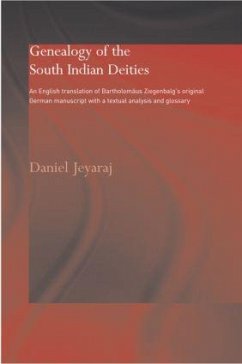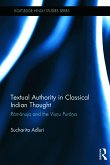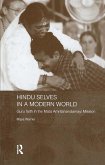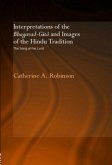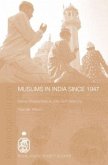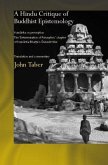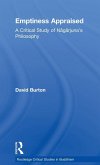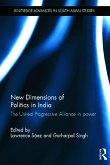For the first time, Genealogy of the South Indian Deities, the work of Bartholomaeus Ziegenbalg (1682-1719), the first Protestant missionary to India, is made accessible to an English readership. Originally published in 1713, the text reveals Ziegenbalg's ethos in the emerging European Enlightenment and his willingness to learn from the South Indians. The text contains the original voices of knowledgeable South Indians from various religious backgrounds and presents South India in a vivid, direct and unfiltered way. In this volume Daniel Jeyaraj edits and presents the German original in an English translation. This is followed by a detailed textual analysis, a glossary and an appendix.
For the first time, the work Genealogy of the South Indian Deities of the first Protestant missionary to India, Bartholomaeus Ziegenbalg (1682-1719), is made accessible to an English readership.
Hinweis: Dieser Artikel kann nur an eine deutsche Lieferadresse ausgeliefert werden.
For the first time, the work Genealogy of the South Indian Deities of the first Protestant missionary to India, Bartholomaeus Ziegenbalg (1682-1719), is made accessible to an English readership.
Hinweis: Dieser Artikel kann nur an eine deutsche Lieferadresse ausgeliefert werden.

